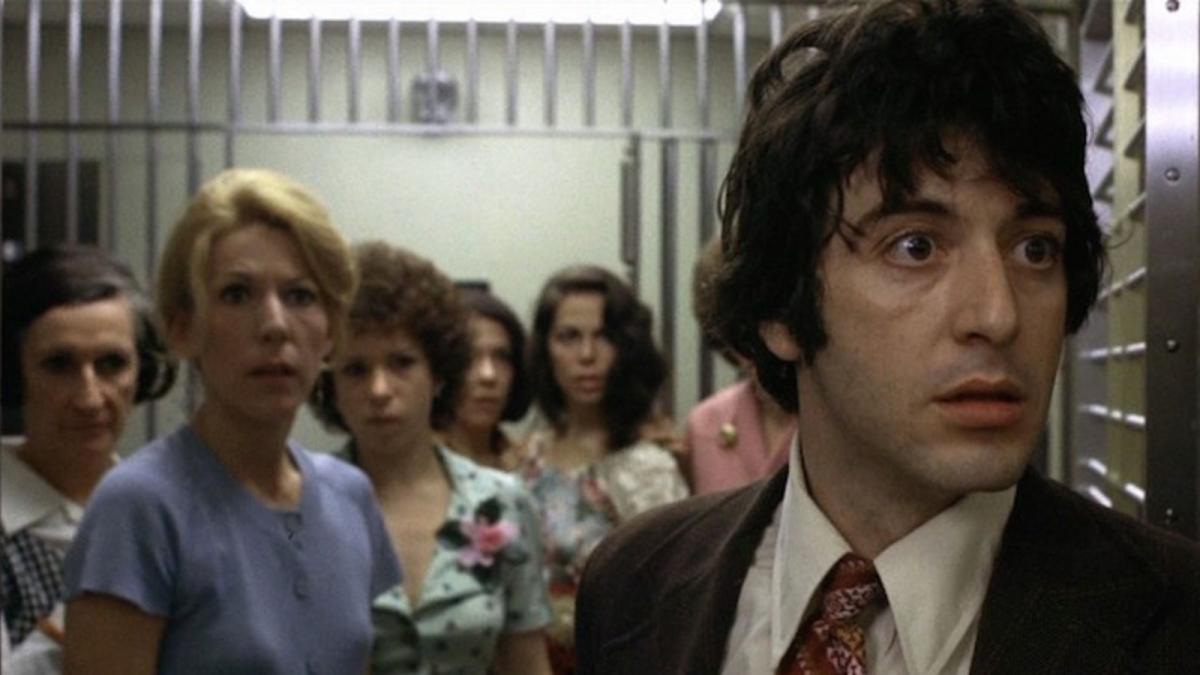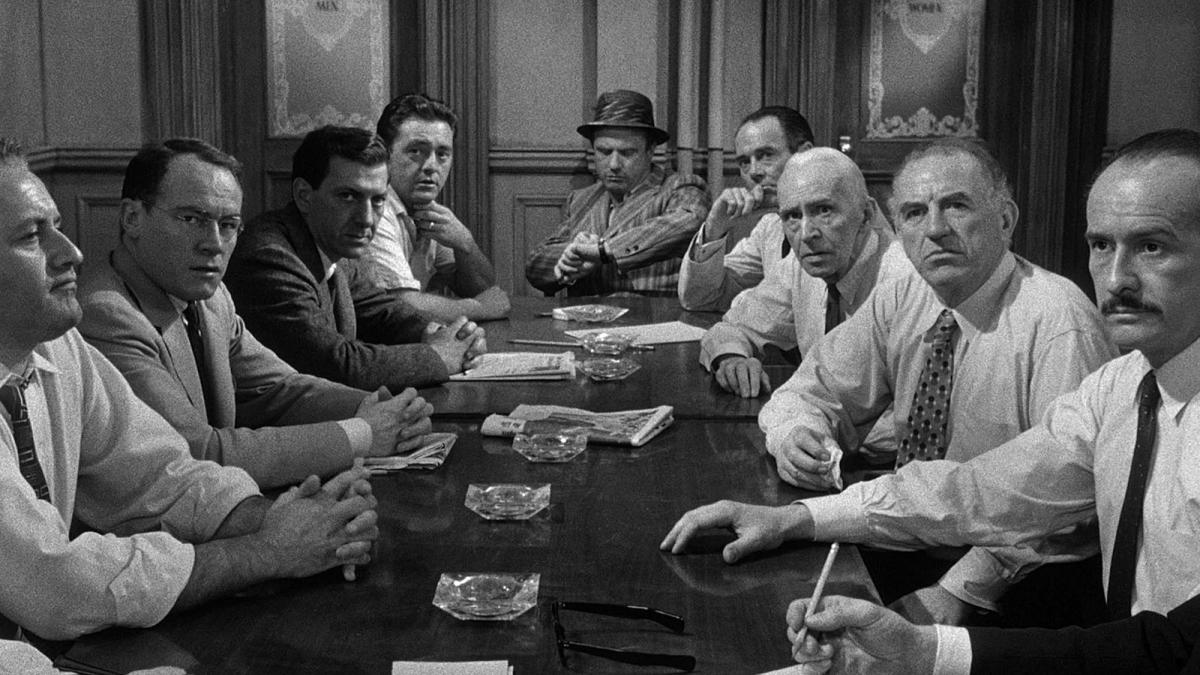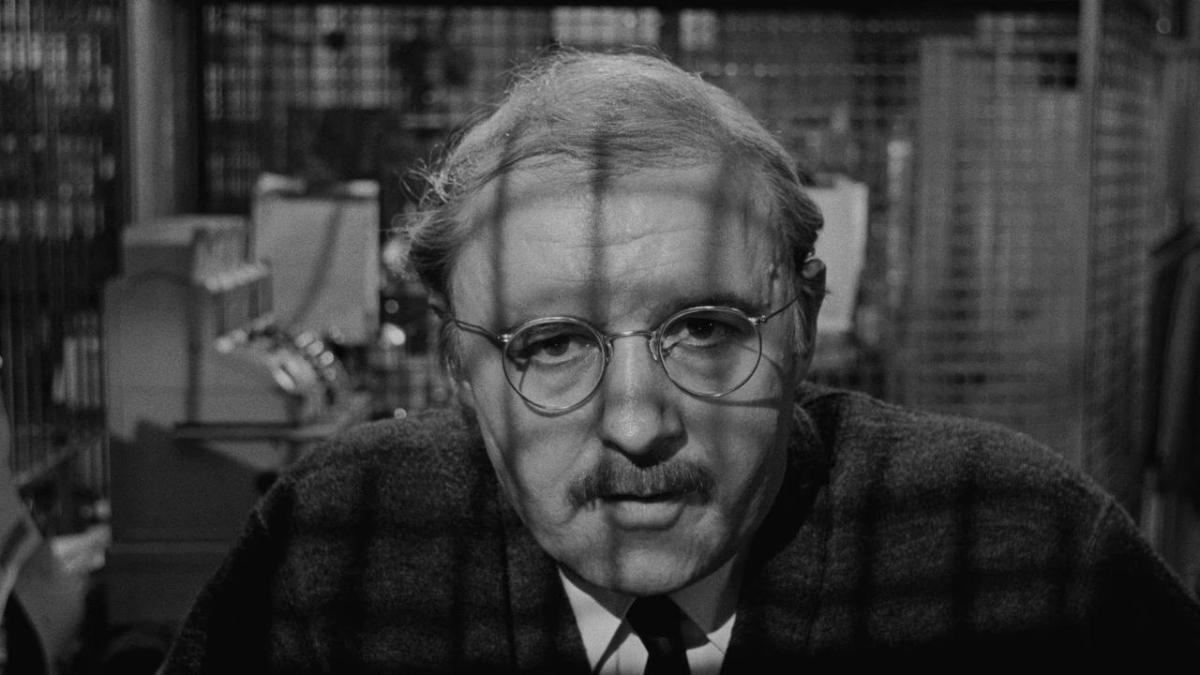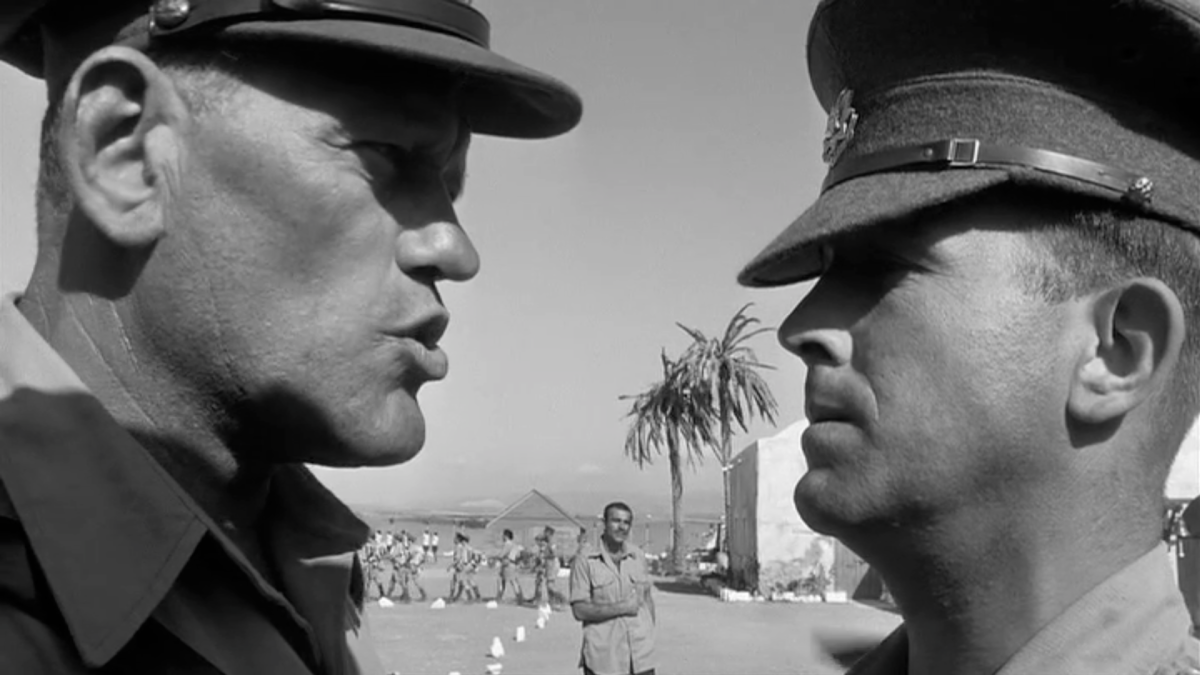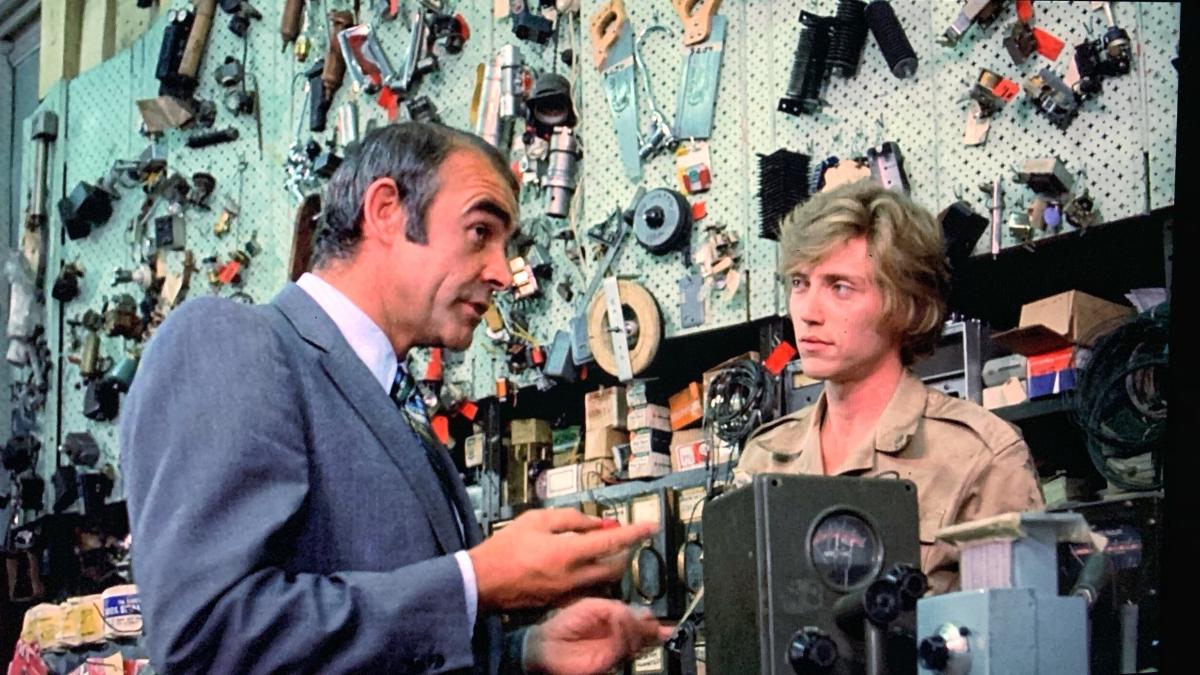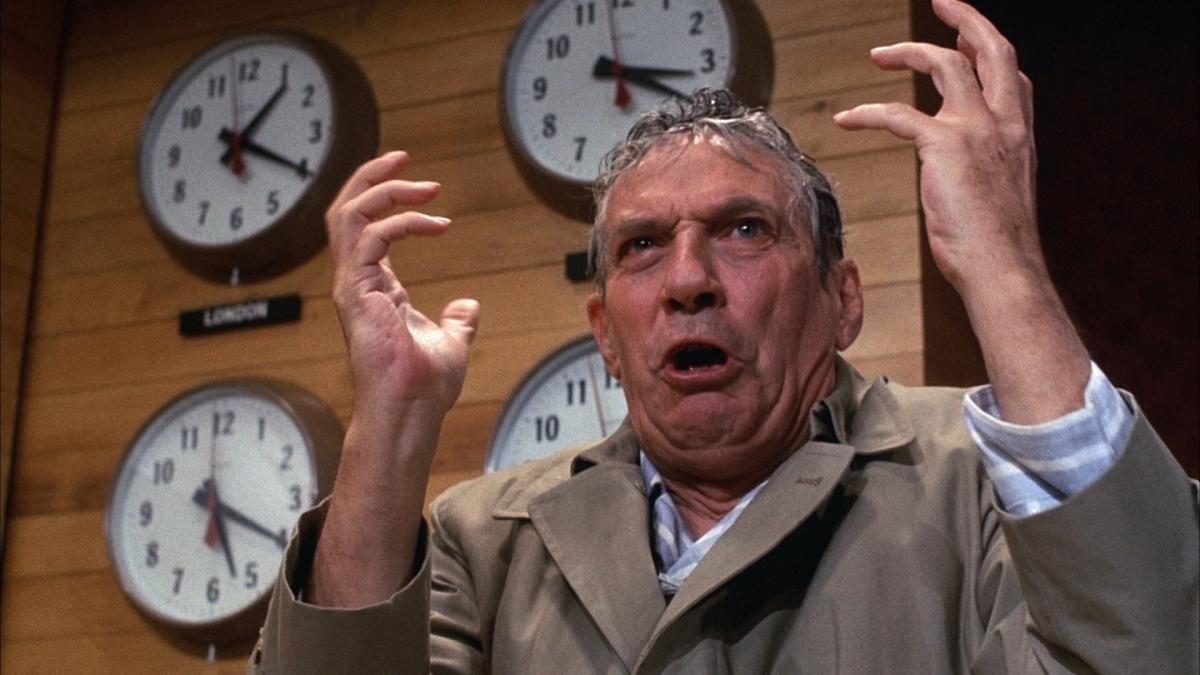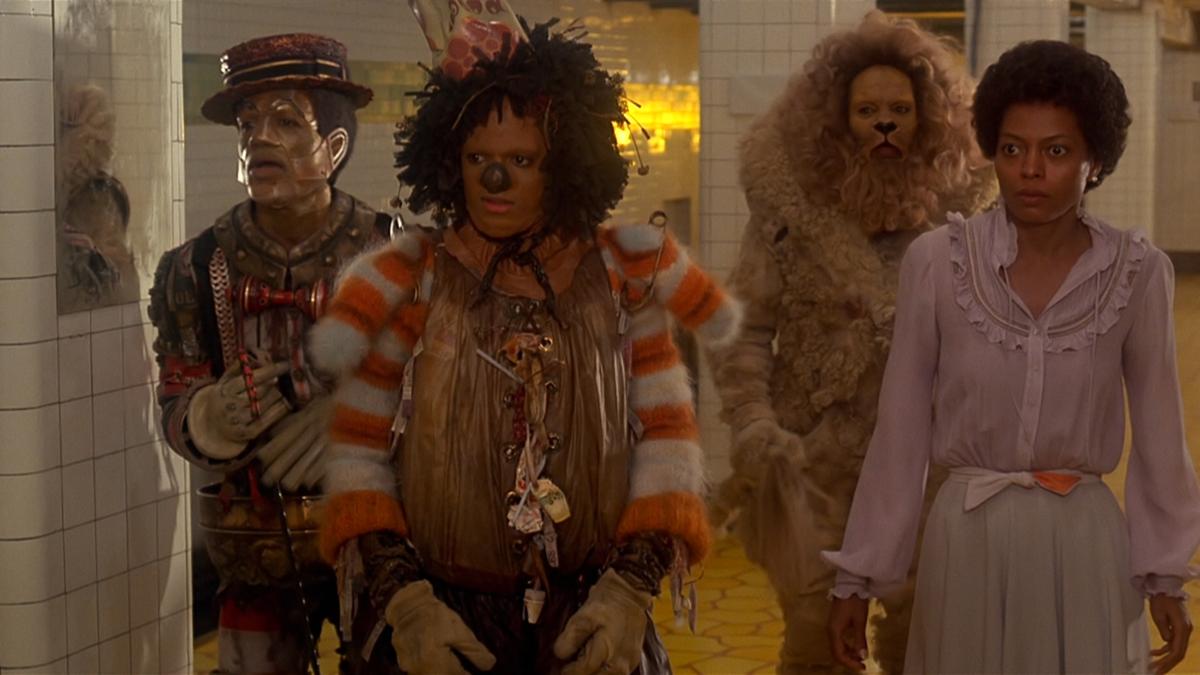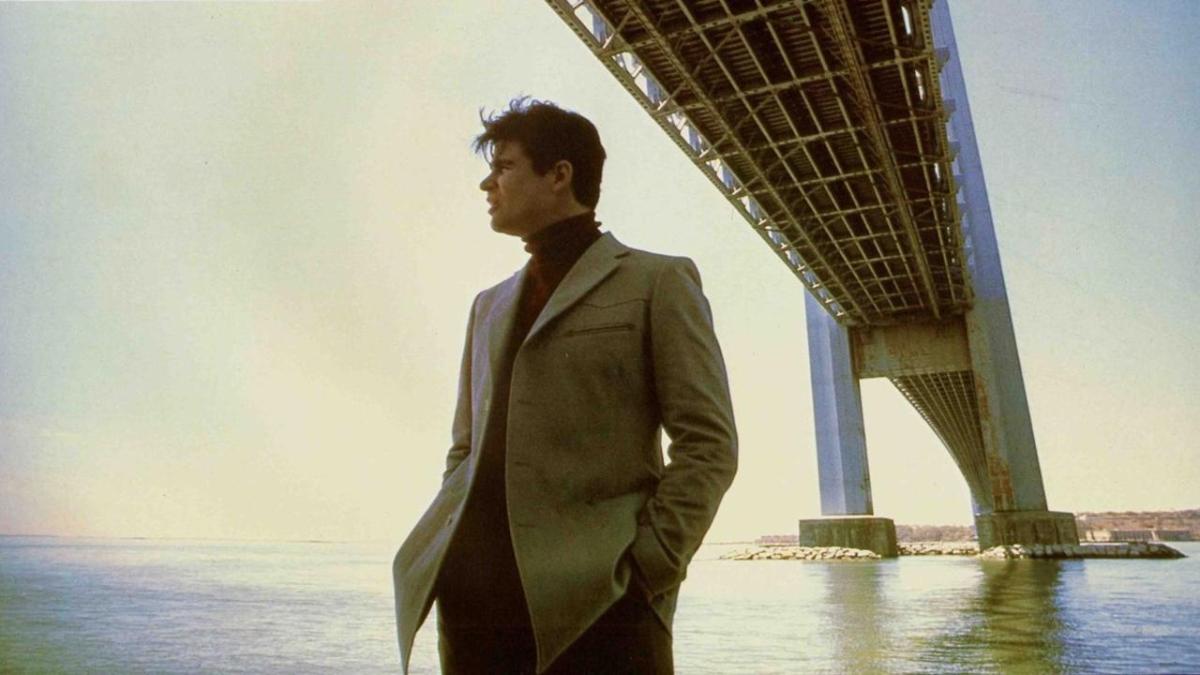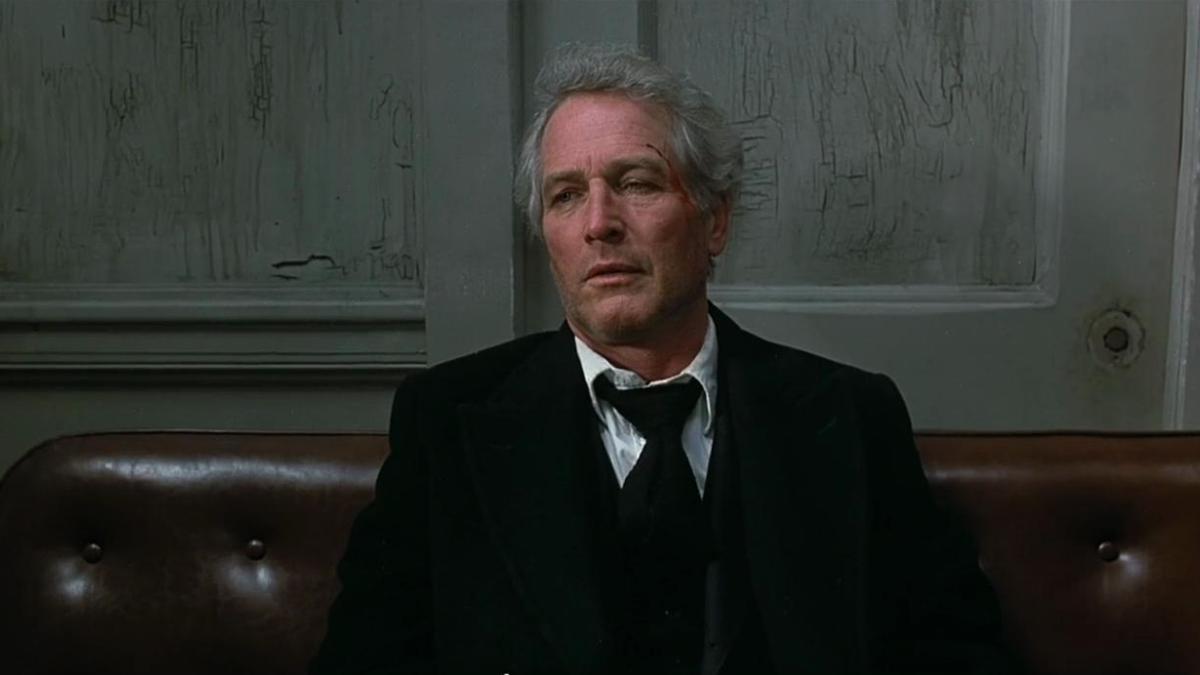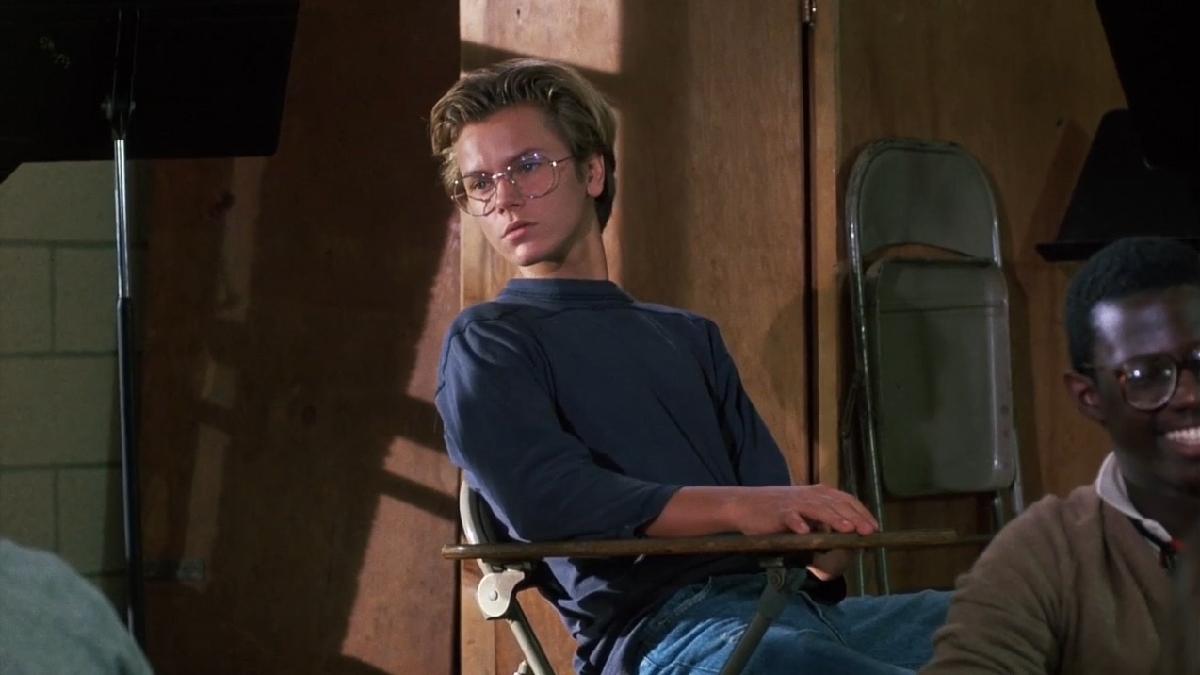Sidney Lumet Centennial
June 1–August 21
“When you can connect with something human, that’s the heartbeat. That’s life. That’s what it’s about.”—Sidney Lumet
Sidney Lumet (1924–2011) was a director driven by stories of morality. Corrupt systems vs. brave protagonists, the worst of men pitted against the best, honesty in the face of hypocrisy—Lumet’s filmography reflects his dedication to championing what is true and what is just in this harsh world. “While the goal of all movies is to entertain,” Lumet wrote, “the kind of film in which I believe in goes one step further. It compels the spectator to examine one facet or another of his own conscience. It stimulates thought and sets the mental juices flowing.”
A son of Polish actors of the Yiddish theater, Lumet started as an actor himself before moving behind the camera. His stage experience influenced his collaborative nature and his reputation as an “actor’s director.” Over the course of his career, he would direct 17 performers to Academy Award nominations (six of whom won). Lumet received five Oscar nominations, finally taking home an honorary award in 2005. Film critic Manohla Dargis called it “a consolation prize for a lifetime of neglect.”
Lumet’s style isn’t especially recognizable—he didn’t employ trademark visuals, nor did he tend to work continuously with the same cinematographer or editor. In his memoir Making Movies, Lumet wrote, “Good style, to me, is unseen style. It is a style that is felt.”
Reflecting on Lumet’s filmography, that supposed “lack” of style reveals Lumet’s distinct and profound ability to portray the human condition. Lumet’s style is found in his actors’ powerhouse performances and in his eerily relevant depictions of corporate greed, morally bankrupt industries, and the courageous individuals speaking out and up. He also just directed some damn good movies.
In a 2011 interview with Tim Weiner for The New York Times, Lumet, then age 82, was asked how he’d want to be remembered. “I don’t give a shit, frankly, Scarlet.” And what about the work, Weiner asked. “It’ll make its own way; there is nothing more I can do about it anymore. There are a lot of things about it that are not apparent now, that I hope become apparent when I’m gone... I’d like someone to notice that. That I wasn’t afraid.”
This series is eligible for the Siskel Summer Pass! Get a month of unlimited movies anytime this summer.


